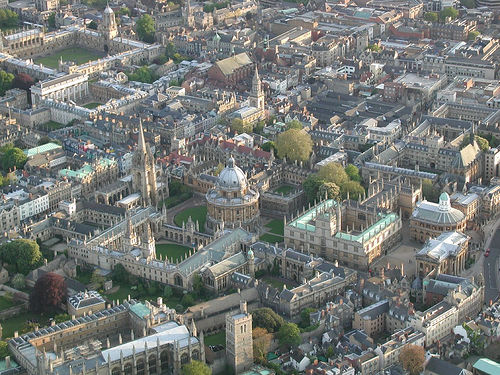I’ll admit that last week I was more than happy to procrastinate writing about Sergei Nosov’s Грачи улетели (The Rooks Have Flown/Left/Gone): in keeping with the jumble theme, The Rooks is a nearly indescribable jumble of characters, places, and motifs. Nosov tells the story of three old friends—a teacher, a typewriter repairman and watchman, and a former flyswatter salesman and would-be artist(e)—in three non-chronological sections. Much of the book is set in St. Petersburg, which lends itself to some nice passages about changing names and times. And references to Dostoevsky. And peeing off a bridge.
I thought The Rooks worked particularly well when Nosov examined contemporary art—one of his characters makes a wonderful trip to the Hermitage and stares in the abyss of Malevich’s glassed-in Black Square—and the fine lines between art and life. The section set in Germany, where the flyswatter salesman and would-be artist lives for a time and hosts the other two for a painful visit, felt less successful because it felt, simply, too long. Despite some structural misgivings, Nosov won me over with atmosphere, love for St. Petersburg, and a tone that avoids the cloying and preciousness thanks, in large part, to tart commentary on contemporary art and culture. The epilogue contains developments that brought varying degrees of surprise and showed how little we may know our friends and literary characters. It also cemented my interpretation of the book’s title as a reference to fall, playing off the name of Aleksei Savrasov’s painting of rooks that have returned in spring.
Iurii Trifonov’s Обмен (The Exchange) is a lovely jumble, too, a long story about family
that blends past and present, private and public: Trifonov focuses on Viktor
Dmitriev, whose wife Lena wants to arrange an apartment exchange so they (and
their daughter) can live with Dmitriev’s mother, Ksenia, who is horribly ill. The
description
of The Exchange in Neil Cornwall
and Nicole Christian’s Reference Guide to
Russian Literature is so good and detailed (even if it’s cut off!) that I’ll
just focus on impressions. I think what struck me most about The Exchange was the grayness of
Dmitriev’s Soviet-era existence: his daily routine, his past affair with a
co-worker he thinks would have made a better wife than Lena, and, of course, disappointment.
Everything is beautifully observed and described though I find this sort of quiet—or
perhaps muted and repressed?—desperation even sadder than the harsher chernukha
of the post-Soviet era. I mean that as a statement of respect rather than a
criticism. Particularly since I have to think there’s a reason Trifonov chose
to include that cesspool.
 |
| Oxford from the air... must get up early enough to see city before coven... |
On another note, I’m very excited about Translators’
Coven: Fresh Approaches to Literary Translation from Russian, a weekend
workshop I’ll be attending at St. Antony’s College, Oxford, next month. I’ll be
chairing a roundtable discussion about publishing and translations, and
speaking on a panel about translating dialogue in drama. The week after the
workshop, there will be a series of events about poetry translation at Pushkin House in London. A huge thank
you to Oliver Ready and Robert Chandler for organizing all this. It’s a
wonderful chance to learn and get caught up with London-based colleagues. I can’t
wait!
Speaking of which… Pushkin House launched a new book award, the Pushkin House Russian
Book Prize, “to further public understanding of the Russian-speaking world,
by encouraging and rewarding the very best non-fiction writing on Russia, and
promoting serious discussion on the issues raised.” I’m always vowing (and, generally,
failing) to read more (okay, any!) book-length
nonfiction that complements my fiction reading, so the Pushkin
House Russian Book Prize short list, which covers a wonderfully broad
assortment of topics, is a convenient place to start looking for candidates:
- Anne Applebaum: The Iron Curtain: The Crushing of Eastern Europe 1944-1956
- Masha Gessen: Man Without a Face: The Unlikely Rise of Vladimir Putin
- Thane Gustafson: Wheel of Fortune: The Battle for Oil and Fortune in Russia
- Donald J. Raleigh: Soviet Baby Boomers: An Oral History of Russia’s Post War Generation
- Karl Schlögel: Moscow, 1937
- Douglas Smith: Former People: The Last Days of Russia’s Aristocracy
FYI: Languagehat has posted about Soviet
Baby Boomers and Moscow,
1937. Moscow, 1937 sounds particularly
fun…
Reading Levels for
Non-Native Readers of Russian: Medium for both the Nosov and Trifonov
books.
Up Next: A
novella (or two?) by Victor Pelevin.
Image Credit: Oxford City
Birdseye from SirMetal, via Wikimedia Commons.
No comments:
Post a Comment